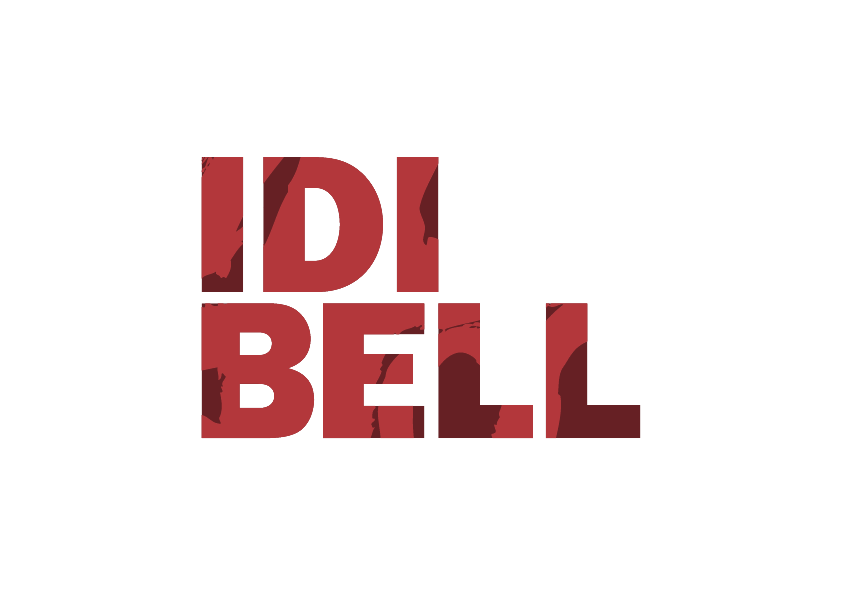We end a 2021 also marked by SARS-CoV-2. For another year, the crisis triggered by Covid-19 has been in journal covers all around the world. News about the number of infections and new strains have been exceeded only by the role of healthcare and research professionals.
Their effort, which has been also ours, is responsible for the advance to deal with the virus being able to respond to its ability to spread. During this second year of the pandemic and thanks to research we have been able to face the virus in a targeted way instead of running away from it. If something defined this year, it has been the mass vaccination of the population and the return to an ever-closer normality. A new reality that embraces changes, such as a greater implementation of remote work, which, in addition, moved from being a temporal strategy for us to became officially implemented in January 2022.
2021 did not only bring changes into our daily life, but it made it possible to restore presence in different settings and, with it, many of the activities, conferences and visits that had been affected. This is an important step in projects that allow scientific research to be brought closer to the community and for this community to make our research their own. One example is Sinergia, the L’Hospitalet de Llobregat’s health research and innovation festival, which took place in November and which offered both onsite and virtual activities: from visits and scientific presentations to an escape room in the laboratories.
In these last two years, research had a decisive role in society. For this reason, we are very proud to say that IDIBELL researchers managed to publish a total of 1.609 scientific articles, of which we led 682, a record number in the institute’s 17 years of history. It should be highlighted that, in an era where sharing knowledge is crucial for boosting scientific progress, we published a total of 1.110 papers in Open Access. Furthermore, 210 new clinical trials have been started this year, proving again the resilience of our research teams.
2021 has also been a year of achievements for this institution, and I believe it is important to mention some of them. Our researchers attained a very large number of projects in the various national calls (Strategic Action in Health, AECC Scientific Foundation and the Ministry of Economy, Industry and Competitiveness). Also, a total of 4 Marie Skłodowska-Curie Actions individual fellowships have been awarded and we continue to receive support from other international agencies.
Today, we are more than 1.500 professionals, whose work is mainly focused in four big research areas: cancer, neurosciences, translational medicine and regenerative medicine. However, above all, we are a multidisciplinary team that puts their effort into their work having a great impact in improving health. For this reason, we cannot do other than to thank all the people and partners that collaborate with us so that we can reach our goal.
This year, with the money raised for the research on Covid-19, we carried out an internal call to fund innovative projects in translational research in the field of infectious diseases and public health; especially those that were focused on SARS-CoV-2 and Covid-19 and that could have a potential scientific and clinical application in the short or medium term. In the same line, thanks to European funding, we could open another internal call for innovative projects with an endowment of 100.000 euros that will help improve opportunities to exploit the research results generated at IDIBELL and the valorization of research projects with a high transfer potential.
In the same line, a project that I consider can be instrumental for our near future has gained strength: the Smart Health Community. An ambitious project led by the L’Hospitalet City Council, in collaboration with other institutions such as IDIBELL and its patrons, that aims to improve citizen’s health and quality of life through a personalized medicine approach, built under the concept of digital health and based on the generation of knowledge. This is a campus bet in order to materialize a knowledge society with top-level research and innovation as pillars. It is a project that will boost the health ecosystem in the south of Barcelona and will allow us to tackle the future with optimism amid so many uncertainties.
Undoubtedly, it has been a year of change, but what we are more proud of is the increasing amount of people that support us and trust us to improve health through research. Again, I want to share that I am optimistic about the future with an intact will to work to overcome all the challenges that may arise.

